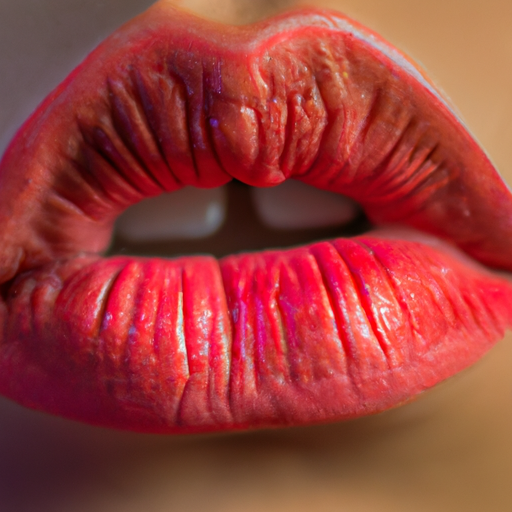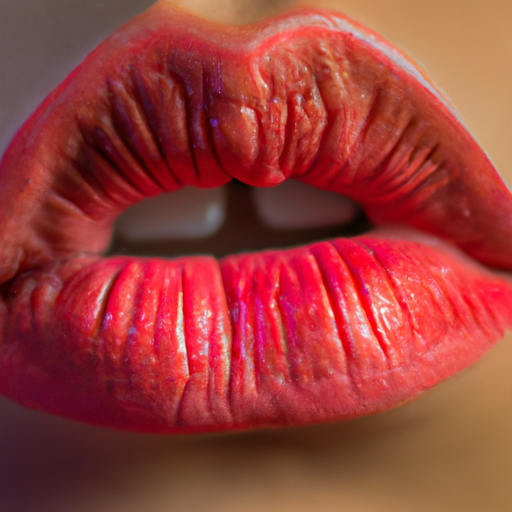As a dermatologist, I often encounter patients who are struggling with dry, chapped, or cracked lips. This is a common issue that can be caused by various factors such as weather changes, dehydration, or even certain medications. The skin on our lips is thinner and more delicate than the skin on the rest of our body, making it more susceptible to damage. This damage can lead to a compromised lip moisture barrier, which can cause further dryness and discomfort. However, with the right care and treatment, you can revive your smile and restore your lip moisture barrier. Here is a comprehensive guide to healing your lip moisture barrier.
Firstly, it’s important to understand what the lip moisture barrier is. It’s a protective layer on the surface of our lips that helps to retain moisture and keep out harmful substances. When this barrier is damaged, it can lead to dryness, cracking, and even painful sores.
To heal your lip moisture barrier, you must first identify the cause of the damage. If it’s due to weather changes, you may need to adjust your skincare routine accordingly. For instance, during cold, dry winter months, consider using a humidifier to add moisture to the air in your home. If your dry lips are due to dehydration, make sure you’re drinking enough water throughout the day.
Next, focus on replenishing the moisture in your lips. Look for lip balms that contain ingredients like shea butter, beeswax, or ceramides. These ingredients not only moisturize but also create a protective seal on your lips to lock in moisture and help repair the barrier. Avoid lip balms with fragrances or flavorings as these can irritate the skin and exacerbate dryness.
Exfoliation is another key step in healing your lip moisture barrier. Gently exfoliating your lips can remove dead skin cells and allow for better absorption of moisturizing products. However, be careful not to overdo it as this can further damage the skin. A simple homemade lip scrub made from sugar and honey can be used once or twice a week for this purpose.
In addition to these steps, it’s important to protect your lips from the sun. Just like the rest of your skin, your lips can be damaged by UV rays, which can lead to dryness and cracking. Use a lip balm with SPF during the day, even in winter or on cloudy days.
Lastly, pay attention to your diet. Certain vitamins and minerals, such as vitamin B and iron, are essential for healthy skin and lips. Make sure you’re eating a balanced diet with plenty of fruits, vegetables, and lean proteins.
In conclusion, healing your lip moisture barrier is a multi-step process that involves identifying the cause of the damage, replenishing moisture, gentle exfoliation, sun protection, and a healthy diet. It may take some time to see results, but with consistent care, you can revive your smile and enjoy healthy, moisturized lips. If you continue to struggle with dry, chapped lips despite following these steps, I recommend consulting with a dermatologist for further evaluation and treatment.




